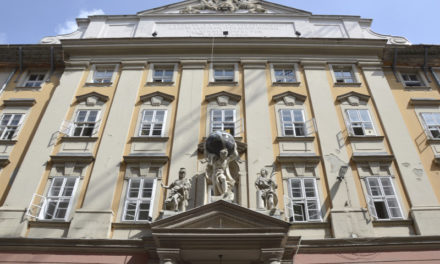It is good news that Bulgaria has withdrawn its law raising the transit fee for Russian natural gas transport, which would have endangered Hungary's safe supply, so hopefully it will be possible to return to the previous cooperation based on mutual respect, Péter Szijjártó announced on Tuesday in Budapest.
According to the ministry's statement, the head of the ministry reported during the recess of the government meeting that
the Bulgarian law posed serious risks for the natural gas supply of North Macedonia, Serbia and Hungary,
because the supplier, the Russian Gazprom, strongly contested its legality.
He underlined:
it was a hostile step, if only because it was taken by the Sofia parliament without any prior information.
"We asked the Bulgarians to withdraw the law, which did not happen, so we made it clear to them that if it remains in force, Hungary will veto Bulgaria's entry into the Schengen zone"
he reminded.
He added:
after that, the Bulgarian government indicated that the legislature was ready to withdraw the legislation.
"Today I had a telephone conversation with my colleague Foreign Minister Marija Gabriel, who informed me that yesterday the Bulgarian parliament revoked the law that imposed an extra tax and an extra burden on the transport of natural gas to Hungary," he said.
Péter Szijjártó called this good news, and according to him, it is possible to return to the situation a few months ago in terms of the security of Hungary's natural gas supply.
"Bulgaria has always been our reliable transit partner in the past, and we sincerely hope that by withdrawing this hostile law, we can return to the cooperation based on mutual respect that has always characterized our relations in the past," he said.
"According to the information of the foreign minister's colleague, this law will appear in the Bulgarian official gazette on Friday (…) If this happens, I will instruct our permanent representative in Brussels to withdraw Hungary's veto regarding Bulgaria's accession to Schengen," he added.
The minister pointed out that 85-90 percent of our country's annual natural gas consumption is covered by imports, so the key issue is the existence of reliable partners in both source and transit countries.
He pointed out that the natural gas supply now largely comes from the south, despite strong international pressure, via the Turkish Stream pipeline, built in cooperation with Russia, Turkey, Bulgaria and Serbia, without which Hungary's energy security would not be sustainable today.
Almost 5.5 billion cubic meters of natural gas arrived in Hungary via the Turkish Stream this year, while the total domestic consumption is between 9-10 billion cubic meters per year, and this clearly shows the importance of the pipeline's predictable operation, he concluded.
MTI
Cover image: MTI












